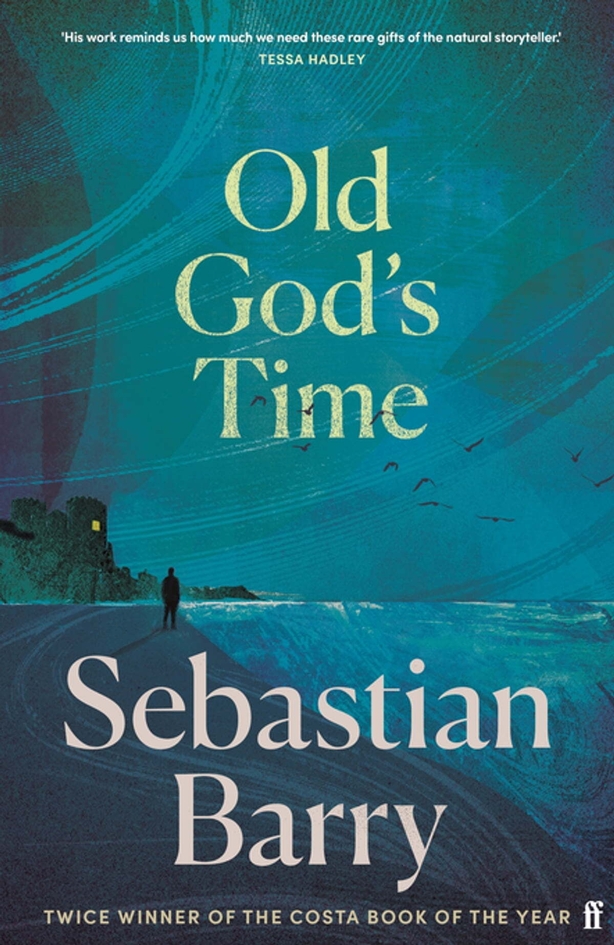"And what was at the heart of it? His life, his little life?"
Tom Kettle is a retired detective, living in a flat attached to a castle-like house on the South Dublin coast. A widower, as the story opens he has been retired for nine months and is enjoying a solitary, peaceful life with only the sea view and a box of cigarillos for company. And then one night two young detectives from his former division call to his door to discuss a former case and in doing so reopen old memories, many of them almost unbearably painful.
So far, so traditional detective story, however as the narrative progresses it becomes clear that Tom’s memories are not to be relied on and neither, therefore, is his narration. And although the image of a recently retired policeman being called back to help with one final case is a staple of the crime genre it soon transpires that there is nothing traditional about this book and certainly nothing 'cosy’.
We need your consent to load this rte-player contentWe use rte-player to manage extra content that can set cookies on your device and collect data about your activity. Please review their details and accept them to load the content.Manage Preferences
Listen: RTÉ Arena talks to Sebastian Barry
Many of the themes in Sebastian Barry's new novel have been explored by other authors, among them aging, the unreliability of memory and the horrors inflicted on children in an Ireland that is, sadly, not far enough in the past. What distinguishes Barry’s work however is his exquisite use of language. He draws beauty from the mundane, telling us of the satisfaction to be found in a cleanly clicked switch or an out of character laugh that offers ‘odd human music to the air’. Even beauty board, that dull staple of 1970s décor is described here as ‘capturing light and mutating it into soft brown darknesses’. Although it has become quite common for reviewers to praise a book by saying they 'devoured' or 'raced through it', this is simply not an option with 'Old God's Time' as the novel needs to be read slowly, savoured and even reread along the way.
As the book progresses the narrative – and indeed Tom’s thoughts – enter a progressively dreamlike, unfocussed state. At times neither he nor the reader is entirely sure of what is going on, a situation artfully conveyed by Barry who manages the seemingly impossible task of taking us deep inside a mind that itself evades certainty. When reality does enter the story however, its bite is sudden, brutal and unforgettable. This book details systemic abuse of children and does not shy away from horrific details, some rendered so acutely that the reader has to pause and look away for a moment before continuing. Sadly neither Barry nor Tom has to put this abuse in detailed context – this is a story that has been told many times before but is no less distressing for its familiarity.
Just as the detective uncovers the details of a crime, the reader uncovers the layers of Tom’s past, each one more heartbreaking than the next. Here, the book reminded me of Hanya Yanagihara’s ‘A Little Life’, another bleak but ultimately compelling tale. There is evil in this story, certainly but also so much love that even when atrocities and unfairness occur, goodness eventually shines through.
Seaside living in Dublin is gorgeously described, other characters including Tom’s landlord and the other occupants of the castle are lightly sketched but beautifully shaded. Grief is threaded through this story but alongside it is stitched great strength and endurance.
As Tom’s story reaches a conclusion and the horrors recede like the lights of the pier behind him, it is the love at the heart of the novel that remains.

Old God's Time is published by Faber


